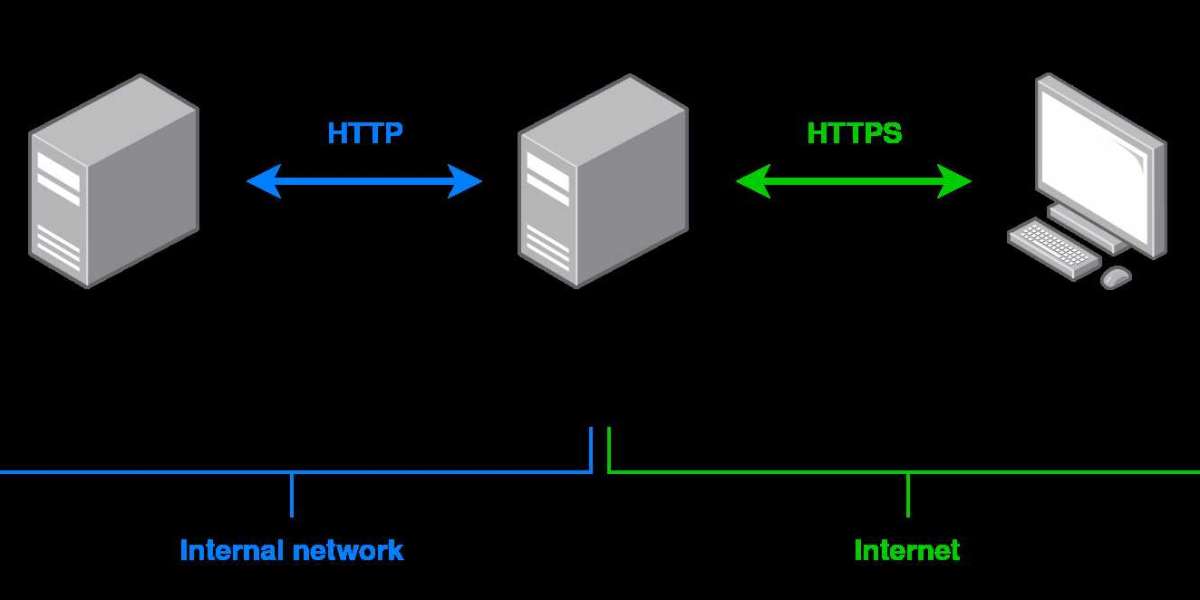In the intricate world of financial assessment, two distinct realms stand tall: property valuation and business valuation. These realms, though sharing common ground, employ different methodologies to determine the worth of assets. Let's embark on a comparative analysis, exploring the methods that set property valuation and business valuation apart while unraveling the unique considerations that define each.
- Property Valuation: Anchored in Tangible Assets
Property valuation primarily revolves around the assessment of tangible assets. The methods employed focus on the physical characteristics of real estate, considering factors such as location, size, condition, and comparable sales in the market. Common methods include the Cost Approach, Sales Comparison Approach, and Income Approach, each tailored to derive the value of the property based on its intrinsic attributes.
- Business Valuation: Embracing Intangibles and Beyond
Contrasting with property valuation, business valuation extends beyond tangible assets. It delves into the intricate world of intangibles—brands, intellectual property, customer relationships, and more. Methods such as the Income Approach, Market Approach, and Asset-Based Approach are customized to consider not only financial performance but also the intangible factors that contribute to the overall value of a business.
- Income Approach: Convergence and Divergence
The Income Approach is a common thread between property and business valuation, yet the nuances in its application distinguish the two realms. In property valuation, this method assesses the potential income generated by the real estate. In business valuation, it evaluates the income the business is expected to generate in the future, considering factors such as risk, growth prospects, and market conditions.
- Sales Comparison Approach: Uniting Property, Diverging in Business
The Sales Comparison Approach is a staple in property valuation, comparing the subject property with similar properties that have recently sold. In business valuation, the Market Approach shares a resemblance, yet instead of comparing properties, it examines the prices of similar businesses. The sales of comparable businesses serve as benchmarks for determining the value of the subject business.
- Asset-Based Approach: A Common Foundation
Both property and business valuation leverage the Asset-Based Approach, but the application varies. In property valuation, this approach assesses the value of the property based on its physical assets, deducting any liabilities. In business valuation, it considers the net asset value of the business, encompassing tangible assets and subtracting liabilities.
- Intangibles: The Heart of Business Valuation
The distinctive feature of business valuation lies in its acknowledgment and assessment of intangible assets. Brands, patents, customer relationships, and proprietary technologies contribute significantly to the value of a business. These intangibles, absent in property valuation, demand specialized methodologies and expertise in business valuation.
- Market Approach: Translating to Unique Perspectives
While both realms employ a Market Approach, the perspectives differ. In property valuation, it involves comparing the subject property to recent sales in the market. In business valuation, it examines the prices at which similar businesses have transacted. The Market Approach bridges both realms by considering market dynamics, but the variables under scrutiny are inherently distinct.
- Regulatory and Legal Considerations
Property valuation and business valuation operate within different regulatory frameworks and legal considerations. Property valuation is often subject to local real estate regulations, zoning laws, and environmental considerations. Business valuation, on the other hand, navigates legal nuances related to intellectual property, contractual agreements, and industry-specific regulations.
- Risk and Growth Factors: Business Valuation's Unique Landscape
risk and growth factors is intrinsic to both valuations, but the landscape differs significantly. Business valuation delves into the future prospects of a company, considering industry trends, competitive positioning, and management strength. Property valuation, while accounting for market trends, tends to focus more on the stability and potential for income generation from the physical asset.
- Strategic Decision-Making: The End Goal
While the methods diverge, the ultimate goal remains the same: to provide a basis for strategic decision-making. Property valuation informs real estate investments, acquisitions, and sales, while business valuation guides decisions related to mergers and acquisitions, financing, and stakeholder interests.
In conclusion, the comparative analysis of methods used in property valuation vs business valuation reveals a fascinating interplay between tangible and intangible assets. Each realm employs methodologies tailored to its unique characteristics, contributing to a holistic understanding of asset worth. Whether assessing the physical attributes of real estate or unraveling the intricate tapestry of a business's value, these valuation methods serve as essential tools for informed decision-making in the complex world of finance.








